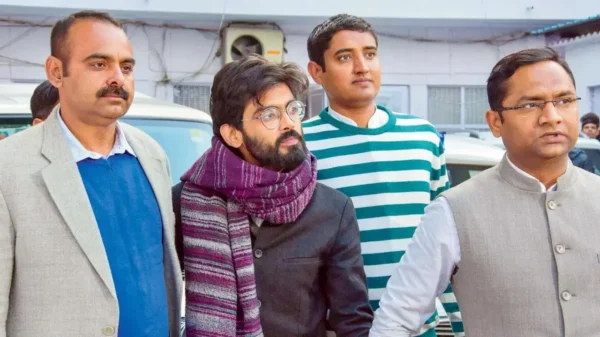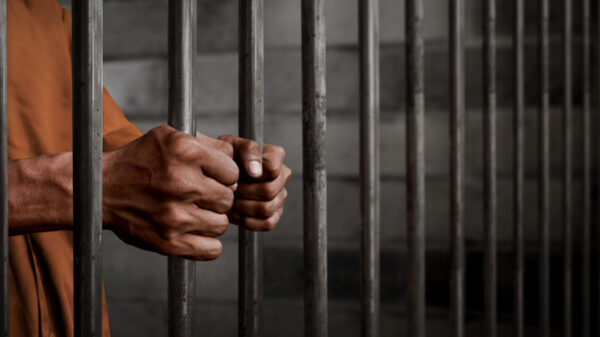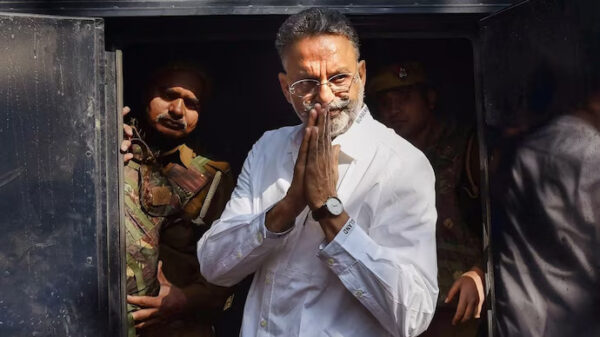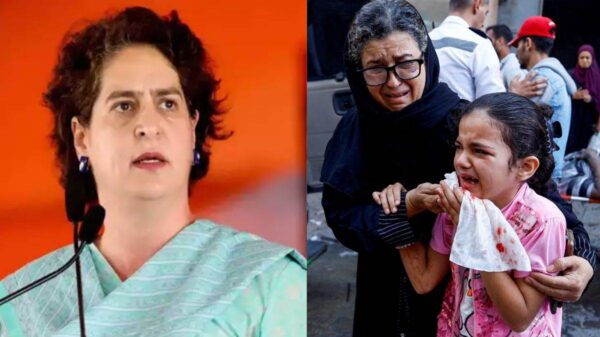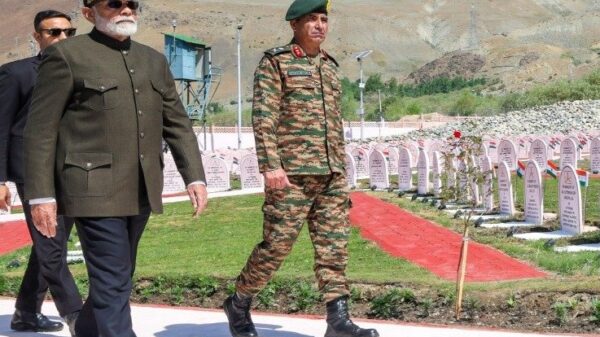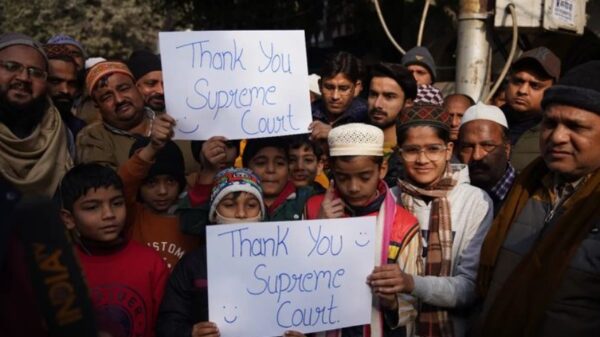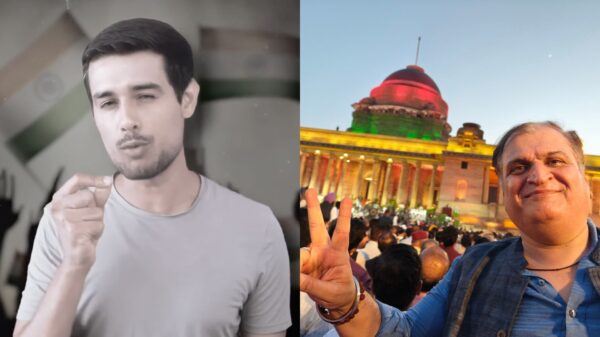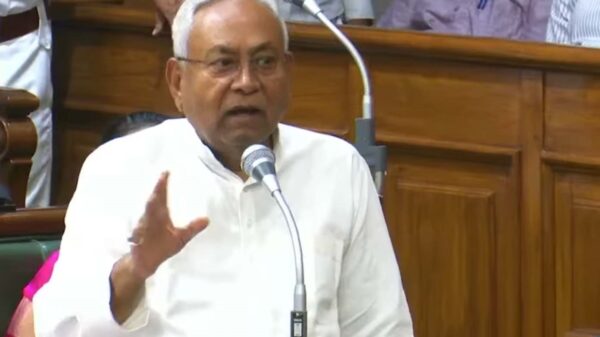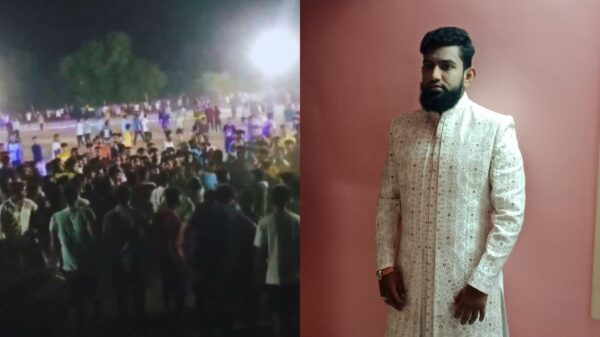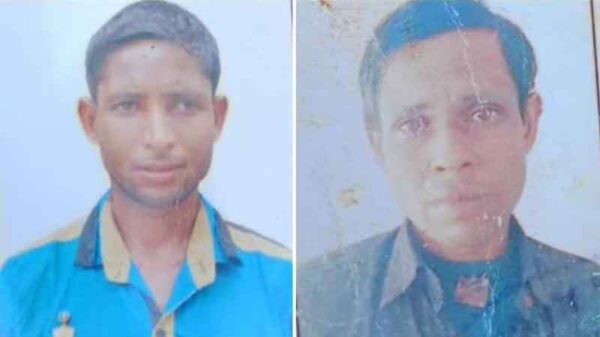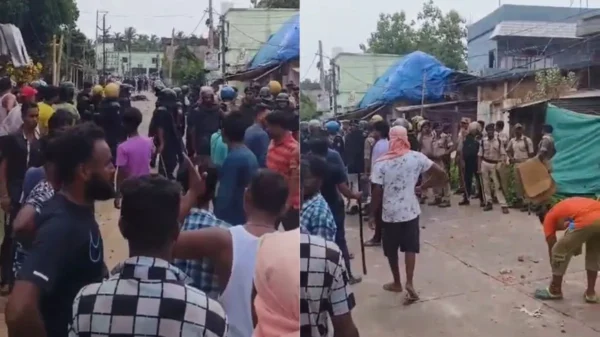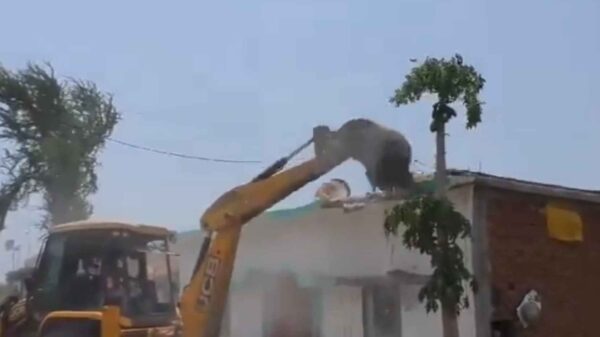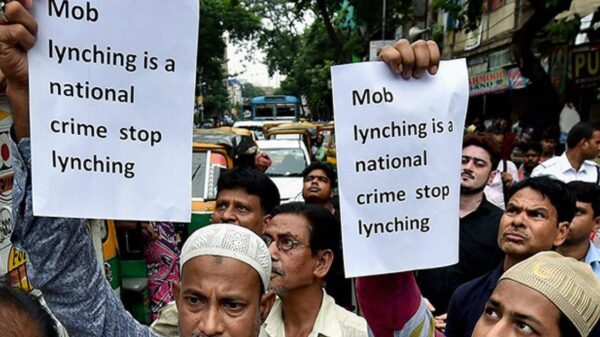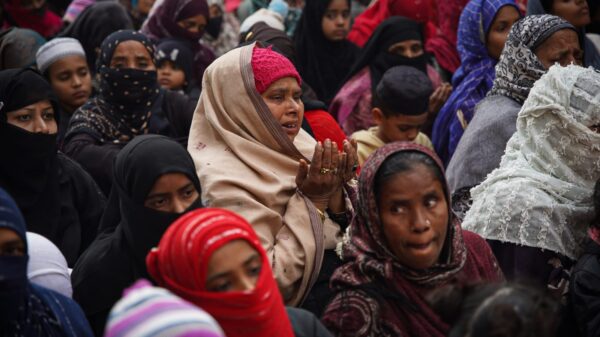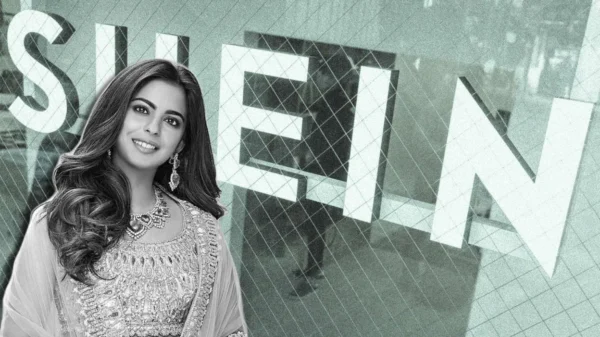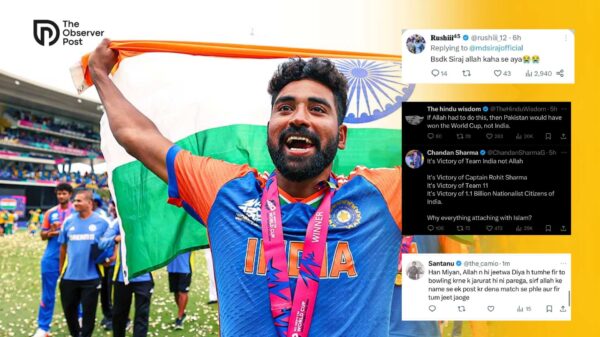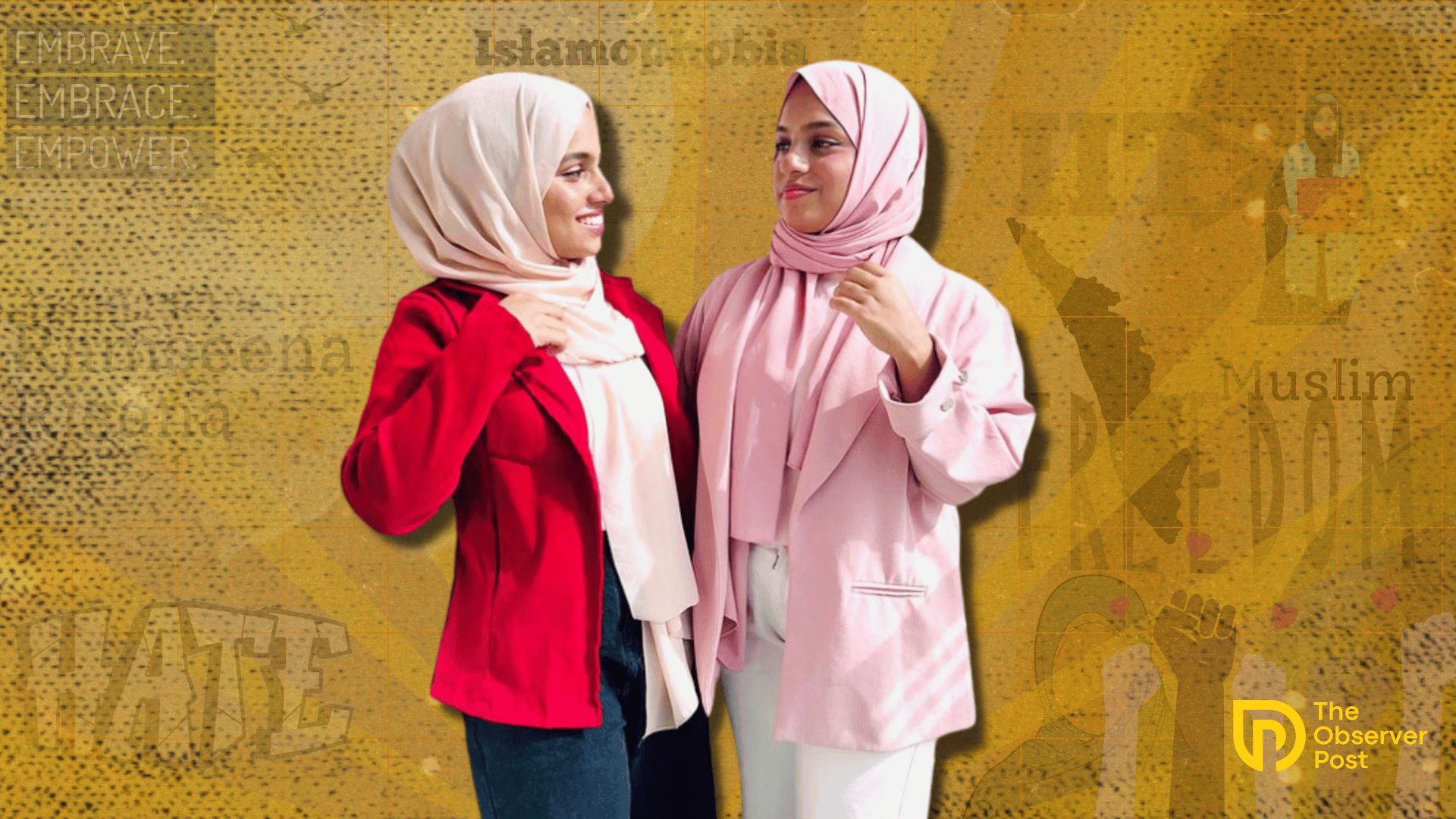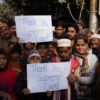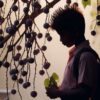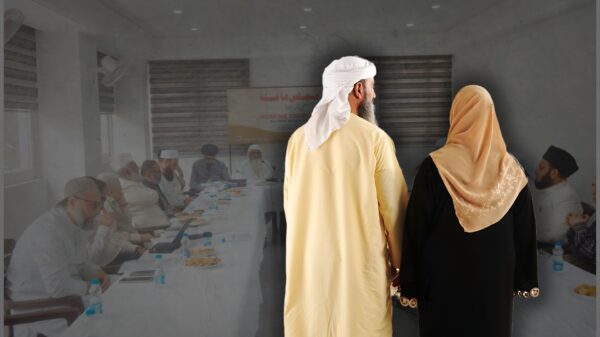Ramseena, 25, an aerospace engineer with her twin sister Risana, both IIT graduates, faced unfathomable hate after posting a reel highlighting their inspiring journey from a Kerala village to IIT. The comments targeted their Muslim identity, labelling them as terrorists, and suggesting they belonged in ‘AMU’ and ‘Jamia’ instead of an IIT.
Risana and Ramseena, who are twins, are at the centre of attention for their inspiring journey. They hail from a humble background in Kerala. Their father, who is an auto-rickshaw driver, worked hard to educate their daughters and enrolled them in an English medium school.
This was, at the time, considered a bold step as it was rare in their family as well as the community. This decision, however, marked the first turning point in their lives.
“In the beginning, we had no idea about institutions like IITs. It was my father who thought that we must get a good education and made us join an English Medium school since we were in our Lower Kindergarten,” Risana told The Observer Post, explaining how their journey commenced in IIT, which is considered one of the most prestigious institutions in India.
“We were the very first generation from our entire family to attend an English medium school, ” she proudly said.
“From a young age, we were passionate about learning, recognizing it as the key to breaking the cycle that saw many girls in our village abandon their dreams after the 10th grade,” she further said.
Initially, the goal for the girls was to attain 100 percent in their board exams and had nothing to do with IIT, however, the short-term ambitious goals led up to them getting the highest scores in the competitive exams.
Risana scored 400th rank and Ramseena scored 303th rank in the all-India competitive engineering entrance exams.
Inspired by their parents’ belief in their potential, the sisters aimed for excellence, not just in academics but in shattering preconceived notions about what girls from their background could achieve.
When asked how supportive were other family and friends, the girls replied in affirmative.
“Everyone was very supportive. No one stopped us. Through this all, our mother has been a strong pillar of support. She prioritized our education over household chores, providing us an environment where we could dream beyond the confines of tradition,” said Risana.
She said their friends had also been supportive, always pushing them to thrive. “Till date, they still support saying you still have a lot to achieve,” the young woman said.
Stereotyping and Judgments Impacted My Confidence
However, their journey to IIT was not without its share of challenges. Risana, who recently accomplished her degree in electrical engineering from IIT Roorkee faced stereotypical judgments for being a Hijabi Muslim woman in STEM.
“From the moment I stepped out of my village, I have faced stereotyping and discrimination every day, at every point of my life, even today. Only because I was wearing a headscarf, I was judged to be someone who doesn’t even know how to switch on or start a device,” she said.
Even though the young woman was one of the top-scoring students in her class, her classmates would judge her.
“Some would be judgmental and deem me to be ‘less-educated’, merely because I am wearing a headscarf. They used to think that I don’t deserve what I have achieved and this was very traumatizing for me,” she said.
This, Rasina said, also affected her confidence. The prejudice she faced, solely based on her religious identity, haunted her, making her question her worth and contribution to society.
“I do have faith in myself and my skills, but when I stepped out wearing the Hijab, I was not as confident, because of such trauma. This immensely affected my mental health as well,” she said.
Recently, when Ramseena posted a reel video, in which she and her twin sister Risana shared their inspiring journey from a village in Kerala’s Kasaragod district to IIT Kharagpur, hateful communal comments began flooding in targeting their religious identity as Muslims.
Some individuals even questioned the legitimacy of IITs for enrolling ‘terrorists’, while others suggested that institutions such as AMU and Jamia were more suitable for them.
Campus Inclusivity & Diversification
Amidst the heavy trolling, there were, however, voices of support and congratulations, acknowledging the sisters’ noteworthy achievements despite the challenges they had faced.
Risana, while speaking to The Observer Post said, “If we are to talk about diversity, and Muslim women in engineering, it is very less to be honest, especially in IIT. Back when I joined IIT in 2017, I was one among the only two women Muslim students in the batch of about 2000 students. That is how low the ratio is.”
Speaking about the same, a student of IIT who wanted to remain anonymous, specializing in machine design, said that there are quite a number of hijab-wearing girls and there are “no dressing-restrictions” as such in the entire campus.
Speaking about the discrimination against Muslims and reserved category students, he averred, “There is no such discrimination per se, but such sentiments against those who belong to the reserved categories, are not as good in computers, does persist and can be seen among the students doing their Bachelors. The rest of us in research and specialization do not care about all that.”
“Diversification is quite good here. But the girls ratio will always be less. That’s a pretty common thing, especially in IIT. And that’s why the government is trying to promote girls quota and others,” he said.
A Message To The Aspirers
Despite the challenges the twin sisters faced and are facing, they continue to hold their heads high and work hard towards their goals.
Rasina said that any woman aspiring for higher education, or a career in STEM, said that while the stereotype, bullying and discrimination are devastating it also makes you stronger.
“In the long term, you will become stronger within. You tell yourself to deal with these things and to not forget their purpose, which is to be successful in the field, so that the next generation can count on you,” she said.
She also said that there are other fields where Muslim women do not face such discrimination but added that just because it is difficult, they should not avoid it.
“I would encourage more women to be courageous and join the sectors where women are lesser in number,” Rasina added.
Muslim Students’ Enrollment in Higher Education
A recent study highlighting a notable decrease in the enrollment of Muslim students in higher education has sparked questions about the state of India’s education system. Based on data from the Unified District Information System for Education Plus (UDISE+) and the All India Survey of Higher Education (AISHE), there has been a substantial decline in the growth rate of Muslim enrollment, dropping from 5.45% to 4.64%, during the corresponding period.
While there has been an increase in enrollment for other social groups like OBCs, STs, and SCs, the share of Muslim students in higher education has dwindled by 1.79 Lakh. The report provides reasons attributable to a combination of socio-economic factors, educational and regional disparities, and high dropout rates in early education sectors that might have led to the decline.
But, from the above story of the two sisters from Kasargod, could there be yet another possible factor contributing to it?
Speaking to The Observer Post, Ramseena said, “In my opinion, stereotyping is the main factor for the Muslim students to be less confident, no matter how much they excel in any field, wherever they are.”
However, many are questioning whether this lack of confidence, due to the underlying traumatizing stereotyping and discrimination is another cause factor in the deteriorating numbers of enrollment.

